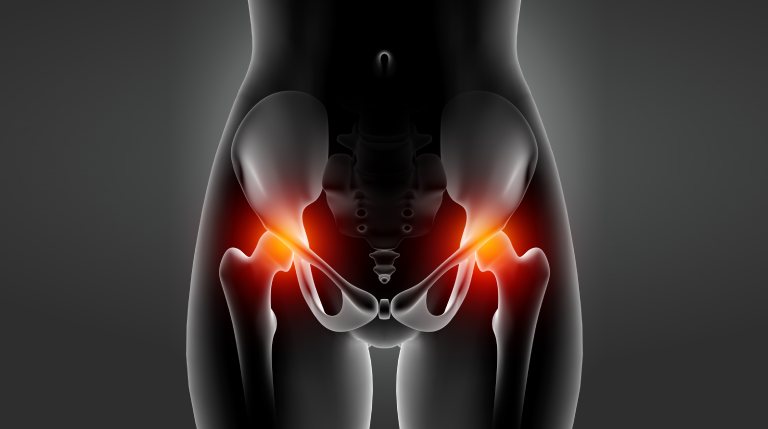Avascular Necrosis (AVN) of the hip is a condition that may elicit apprehension due to its complex nature and the potentially debilitating effects it can have. Understanding the leading causes of this condition can equip individuals with the essential knowledge required for effective prevention and management. Let’s explore the five major causes of AVN of the hip.
Corticosteroid Use
Why It’s Important:
Corticosteroids are commonly prescribed medications, making it crucial to understand their potential implications.
What You Need to Know:
Long-term, high-dose use of corticosteroids has been associated with the development of AVN. If you’re prescribed these medications, discuss the risks with your healthcare provider.
Excessive Alcohol Consumption
Why It’s Important:
Lifestyle choices, including alcohol intake, have a direct impact on health conditions like AVN.
What You Need to Know:
Regular, heavy alcohol use can compromise the blood supply to the hip, making moderation essential.
Trauma and Injuries
Why It’s Important:
Physical injuries to the hip or nearby areas can initiate a cascade of events leading to AVN.
What You Need to Know:
Fractures or dislocations can disrupt blood flow to the hip joint, increasing the risk of AVN.
Blood Disorders
Why It’s Important:
Certain blood disorders can increase the susceptibility to AVN, necessitating careful management.
What You Need to Know:
Conditions like sickle cell anaemia can obstruct blood vessels leading to the hip, causing AVN.
Autoimmune Diseases
Why It’s Important:
Autoimmune diseases like lupus can have far-reaching consequences, including the development of AVN.
What You Need to Know:
Chronic inflammation from autoimmune diseases may compromise the blood supply to the hip joint.
Dr. Yugal Karkhur on AVN of the Hip
Dr. Yugal Karkhur, an eminent orthopaedic doctor and joint specialist, has extensive experience in diagnosing and treating AVN of the hip. His patient-centric approach ensures tailored treatment plans that address the individual causes and risk factors of each case. Whether it’s through non-surgical measures or surgical intervention, Dr Yugal is dedicated to delivering the highest standards of orthopaedic care.
Disclaimer: The content of this blog is intended for educational purposes and should not be considered a substitute for professional medical advice. For personalised healthcare recommendations, please consult a specialist physician. The results of treatments vary from person to person.

